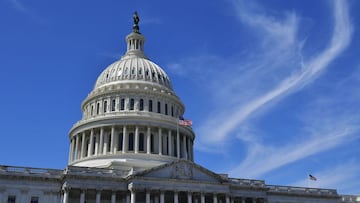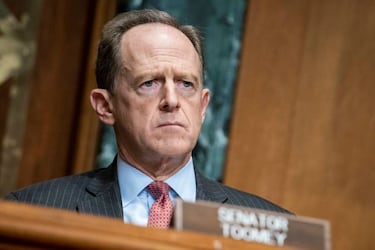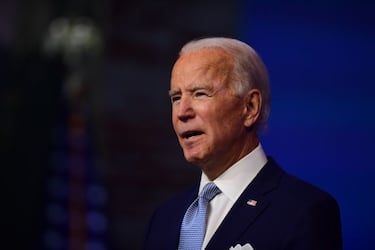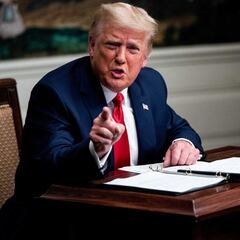Which senators are blocking the stimulus package approval?
The new package, which would be the fifth piece of financial-aid legislation passed in the US since the beginning of the covid-19 pandemic when approved.

The US Congress appeared poised to vote on Sunday on a $900 billion coronavirus aid package after senators struck a late-night compromise to clear one of the final hurdles, a dispute over Federal Reserve pandemic lending authorities.
Senate Democratic Leader Chuck Schumer told reporters at the US Capitol late on Saturday: "If things continue on this path and nothing gets in the way, we'll be able to vote tomorrow."
Congressional leaders plan to attach the coronavirus aid package, which includes $600 direct payments to individuals and a $300 per week unemployment compensation supplement, to a $1.4 trillion spending bill funding government programs through September 2021. A 48-hour funding extension expires at midnight on Sunday (0500 GMT Monday), after which the government would shut down.
Senator Pat Toomey, a Pennsylvania Republican, had insisted on language that would guarantee that the central bank could not renew emergency lending programs for small businesses and state and local governments after Dec. 31, when they expire under the CARES Act covid-19 relief legislation passed in March despite earlier attempts from Republican Ron Johnson to block the initiative.

Republicans had said the programs are an unnecessary government interference in private business that politicizes the Fed. They accused Democrats of seeking to extend them into 2021 as a backdoor way to provide unchecked funds for state and local governments controlled by members of their party.
Democrats in turn accused the Republicans of trying to tie the Fed's hands in order to limit Democratic President-elect Joe Biden's options for boosting the flagging economy after he takes office on Jan. 20.

Toomey spokesman Steve Kelly said the senator's agreement with Schumer "rescinds more than $429 billion in unused CARES Act funds; definitively ends the CARES Act lending facilities by December 31, 2020; stops these facilities from being restarted; and forbids them from being duplicated without congressional approval."
But a senior Democratic aide said Toomey had agreed to "drop the broad language in his proposal that would have prevented the Fed chair from establishing similar facilities in the future."
Deal 'significantly closer'
The aide said the compromise language was being completed and a final agreement on the covid package "is significantly closer."
*** Latest on UI & checks in talks
— Jeff Stein (@JStein_WaPo) December 20, 2020
Getting closer to final - if not already there
UI:
-- $300/week for *11* weeks
-- PUA, base benefits also +11 weeks
Checks:
-- $600 per child & adult
-- No family cap
-- Phase out +$75K
-- Adult dependents back OUThttps://t.co/7JXp9JUylK
The Senate adjourned a rare Saturday session with a call from Republican leader Mitch McConnell to avoid last-minute disagreements that could delay new funding for Americans and small businesses.
"The American people cannot feed their families with, or pay their bills with, Congress' good-faith discussions. They need us to act," McConnell said on the Senate floor. "We need to conclude our talks, draft legislation and land this plan."
Related stories
In the 11 months since the first cases of the new coronavirus were documented in the United States, covid-19 has killed 311,000 Americans, by far the most in the world, and put millions out of work, with unemployment rising. Economists say growth will likely remain sluggish until vaccines are widely available in mid-2021.
"We're right within reach," Democratic House of Representatives Speaker Nancy Pelosi told members of her party on a call discussing the negotiations on Saturday, according to a person who was on the call.

